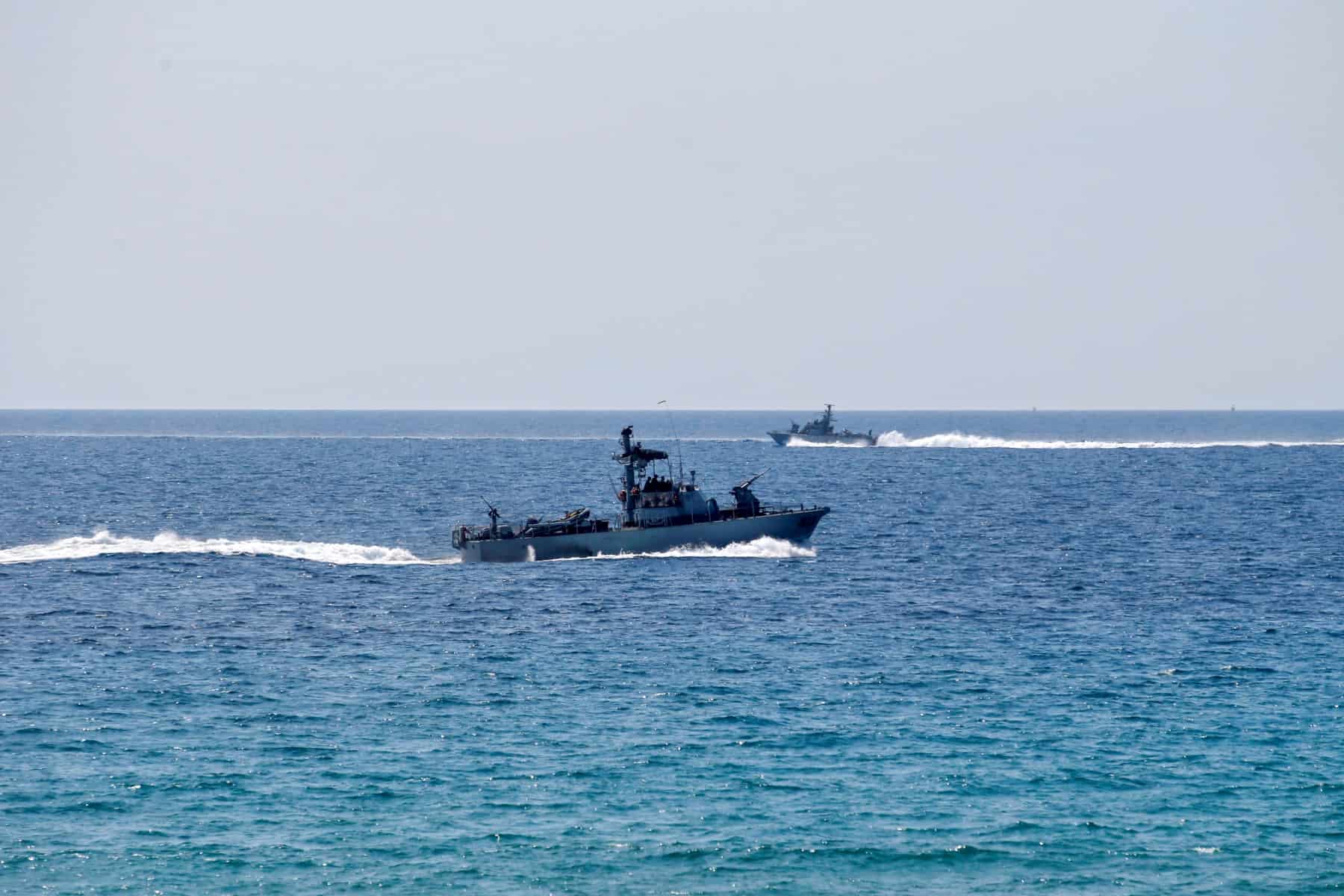Paris, France—TotalEnergies and Italian hydrocarbon giant ENI have signed a framework agreement with Israel over a gas field shared with Lebanon, the French energy giant said Tuesday.
It comes after Lebanon and Israel said in October that they had struck an “historic” deal to resolve a maritime border dispute involving offshore gas fields after years of US-mediated talks.
The same month Lebanon had asked TotalEnergies to kickstart gas exploration off its shores.
TotalEnergies said that after signing the agreement it “will initiate the exploration of an already identified prospect which might extend both in block nine and into Israel waters south of the recently established maritime border line.”
Lebanon divided its exclusive economic zone at sea into 10 “blocks”, and block nine was part of the area disputed with Israel.
TotalEnergies holds a 60 percent stake in block nine, while ENI holds 40 percent.
Under the agreement with Israel, Lebanon gained full rights to operate and explore the Qana or Sidon reservoir, parts of which fall in Israel’s territorial waters.
Analysts believe it will take several years for Beirut to enter the exploitation phase.
Israel will receive compensation from the firm operating Qana.
“By bringing our expertise in offshore exploration, we will respond to the request of both countries to assess the materiality of hydrocarbon resources and production potential in this area,” said Patrick Pouyanne, CEO of TotalEnergies.
‘A rare occurrence’
With demand for gas rising worldwide because of the energy crisis sparked by Russia’s invasion of Ukraine, Lebanon hopes exploiting the offshore field will help ease its economic crisis.
But analysts caution that it will take time for production to start in Lebanese waters, meaning no quick return for a country that is desperately short of foreign exchange reserves.
The maritime border deal could not have been signed by Lebanon without the consent of Hezbollah, a powerful Shiite faction backed by Israel’s arch nemesis Iran.
Israel and Hezbollah fought a 34-day war in 2006, and the two neighbours remain technically at war.
Lior Schillat, director general of Israel’s energy ministry, said that Israel had taken measures to “ensure Israel’s economic rights to the potential reservoir between the countries”.
“The signed framework agreement, and the detailed agreement that will follow if gas is found in the reservoir, will enable the development of a reservoir that crosses the borders of enemy states, a rare occurrence in the global energy market.”

